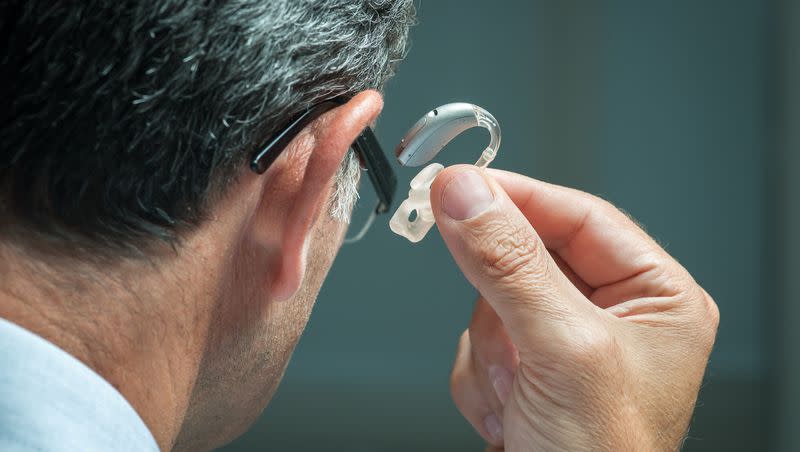What are the warning signs for hearing aids scams?

According to the Hearing Loss Association of America, around 48 million Americans experience some type of hearing impairment and only “1 in 5 people who would benefit from a hearing aid actually uses one.”
As of August 2022, The U.S. Food and Drug Administration adopted regulations to make it less difficult for people to purchase dependable and affordable hearing aids over the counter.
The FDA’s changes to over-the-counter hearing aids came as good news for people who have mild to moderate hearing impairment, enabling them to buy OTC hearing aids without the financial burden of seeing a medical specialist.
The bad news, though, is the growing number of companies looking to scam consumers with unreliable products.
The National Council on Aging shared seven potential scam signs to look out for when seeking hearing aids:
Unfamiliar brand names.
Unclear and deceiving labels.
Labeled with “FDA certificates.”
Prices drastically lower than average pricing.
No trial period or warranty.
No customer support.
illegitimate claims.
Related
Consumer Affairs said when it looked into hearing aid scams, it found “several Amazon listings where third-party sellers titled their product with run-on verbiage containing every single term a consumer might search for: hearing aids, hearing aids for seniors adults, hearing amplifiers with noise canceling, OTC, over-the-counter and hearing assist device. If you see any listing like that, move on quickly.”
Customers are urged to check reviews on reputable sites and do some research before buying — preferably from well-established retailers who provide some assistance and likely do some vetting of a product.

